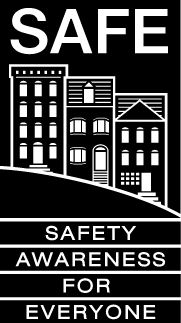How to Spot Phishing Scams

During the COVID-19 pandemic, it’s more important than ever to be vigilant against potential phishing scams that seek to garner your personal information. Why? Because every scammer loves to capitalize on a crisis. In particular, we should be on the lookout for suspicious communications regarding coronavirus, particularly ones which offer miracle cures, financial assistance or work-at-home jobs.
Our friends at Wells Fargo have offered some excellent insights on not only recognizing phishing scams, but also on how to avoid them to protect yourself from fraud.
According to Wells Fargo, email and text phishing frequently impersonates a company, charity or government agency, i.e., the IRS, and usually contains an urgent request to encourage you to sign on to a fraudulent website or respond with personal information.
Here are a few warning signs of phishing scams, per Wells Fargo:
- It comes from a suspicious sender: A good rule of thumb is that if you don’t know the email address or phone number a message comes from, it’s best not respond to it. Add trusted short codes and phone numbers to your contact list so you recognize them when you receive a text.According to Wells Fargo, email and text phishing frequently impersonates a company, charity or government agency, i.e., the IRS, and usually contains an urgent request to encourage you to sign on to a fraudulent website or respond with personal information.
- It contains unusual language: Another warning sign of a phishing scam is if you see spelling or grammar mistakes in the message or if it includes unusual text features, ID numbers, all caps, or strange punctuation such as exclamation points. These indicators might point to a scam, so it’s best not to respond.
- It includes an unexpected request: Be wary of unexpected requests, such as an out-of-the-blue appeal to unblock your bank account, update your info or verify your identity. If the request seems off, don’t click on any links or respond to it. With banks, they typically will send an identity verification request prompted by an action you have taken.
